How to Make Your Money Work for You in 3 Actionable Steps

Let's talk about taking action and how to make your money work for you. My clients come to me because they feel overwhelmed, they're stressed, they have anxiety, or they simply have been procrastinating managing their money for so long and don't know how to do it effectively. We simply procrastinate when we don't want to do something in life.
Whether you're a procrastinator at heart, the way I used to be, or simply because you see money from a place of stress. So what do we do? It's human nature. We put it off.
We need to realize two things are your biggest asset. It's not just your income; it's time. The more time you have to dedicate to getting your money right and getting it to work for you, the more you can achieve with it, and the faster you can see results.
1. Forgive the past
However, this takes forgiving yourself for what you've done in the past, whether it's what credit card debt you are in now, it's based on previous decisions, or just a place where you feel negative about money that has to be left in the past.
This is crucial because if you take that moving forward with money, you're just setting yourself up for disappointment.
When it comes to money, there are so many things that can contribute to what you've done in the past and up until this moment when it comes to you and your finances.
So once you tackle that and you decide, now, today, I'm going to change the way that I'm dealing with money, that is the biggest step you can take. That is life-changing right there, saying, I'm done with what I've done. Let's move forward.
2. Know where your money is going
So now, tip number two. Once you've made that decision, the first thing you need to do is see where your money has been going. Before you can tell it where to go, you need to know what you've done. You need to know the spending habits that have gotten you to this position.
So how can you do that? You're going to hate what I'm going to say, but I'm going to say it. You have to start tracking your expenses. When I say those words, like the word budget or track your expenses, people go, but it's true. You have to see where it's going.
So it sounds like it's a really tedious thing, right? It really isn't. It just takes seconds, literally seconds after you've made a purchase after you've paid a bill, seconds.
There are two ways to do this. It depends on what you prefer. If you are a phone person, if you're an electronic person, get a free expense tracking app and track your expenses for an entire month. All it takes is literally seconds after you've made that transaction, whether you're logging in on an app or you have one of those little homework pads with you that you keep in the car or in your purse.
I have a male client. He's so good now with his money, but when he started, he had a little pad, and he just kept it in his back pocket.
Whatever avenue you want to take, whether it's electronic or whether it's written down, the point is to start the habit of tracking your expenses, not only to know what you've done but by continuously having that mindset of tracking everything you do.
You're going to take that with you, and it will help you succeed so fast when it comes to money. It literally is just a habit you have to get into. Seconds is all it takes. So let's say it's been 30 days since you've been tracking your expenses. Now what do you do?
3. Create a budget
So the third tip is now that you have a whole month laid out in front of you. That's your initial budget. Now you know what you've been spending your money on.
That doesn't mean that's your budget moving forward because, obviously, you haven't made a change, so you're not managing it correctly. But now you have this 30-day landscape in front of you, this roadmap, and now you know where it's going.
Now you have a category for groceries, utilities, gas for your car, if you have a car payment, if you have a mortgage, rent. You have all of these laid out. So what do you do next? There are expenses that you can't control, for the most part, your rent and your mortgage. That's pretty set in stone. But what about groceries?
Meal planning and calling your utilities to have them lower your bill and still provide you with the same service are two things combined that can really help you find money that you didn't even know was in that initial budget. Then you can start throwing it at your debt or whatever goal you set for yourself, whether it's an emergency fund, vacation fund, or any savings goal you have.
That will motivate you to continue to be better each month with money and that initial budget, and you're going to start really looking at where your money is going, and you're going to start eliminating expenses that you didn't even know you were spending money on and that's going to help you save even more. That's how you take action with your finances.
How to make your money work for you
There are so many more steps that I could tell you, but just taking those and implementing them in your life if you have never budgeted before, or if you've been procrastinating, can literally change the course of your financial life from this moment moving forward.
I hope I've given you some insight on how to make your money work for you. Have you begun getting your finances in order? Share any tips to make the journey easier in the comments below.
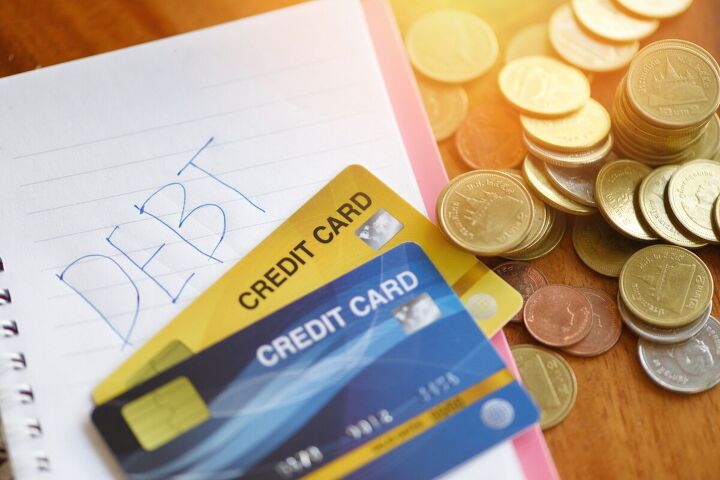



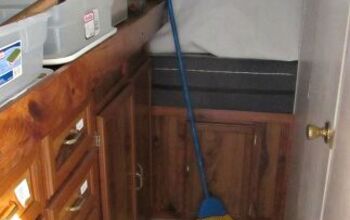
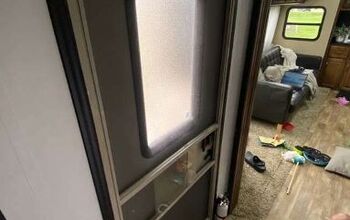








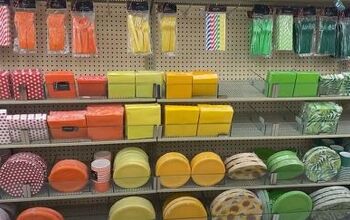




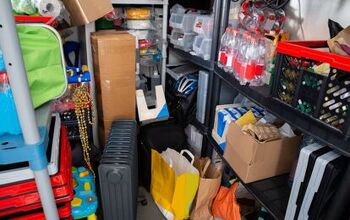

Comments
Join the conversation